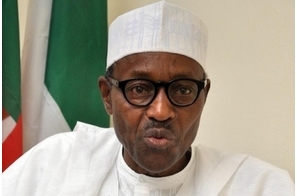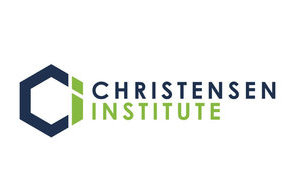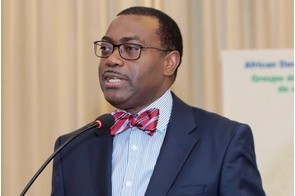Latest News
Details of President Muhammadu Buhari's "Budget of Change"

News Highlight
- The capex is 26 percent of the 2016 budget.
- The budget has a deficit of N2.21 trillion or 2.14 percent of GDP.
President Muhammadu Buhari on Friday signed the 2016 appropriation bill into law. The total value of the budget signed by President Buhari is N6.06 trillion ($30.6 billion).
The National Assembly had cut down on the budget figure of N6.08 trillion President Buhari presented to the joint sitting of the legislature on December 22, 2015. The approved version has minor variations from the original budget, which was based on the Medium Term Expenditure Framework (MTEF).
Details of the amendment indicate that capital expenditure (capex) in the appropriation bill passed by the legislators and signed by President Buhari is N1.59 trillion ($8.03 billion), which is 15 percent lower than the N1.86 trillion ($9.4 billion) allocated to capex in the MTEF.
In a statement on Friday, President Buhari said, "In designing the 2016 budget, we made a deliberate choice to pursue an expansionary fiscal policy despite the huge decline in government revenues from crude oil exports."
The capex approved by the Senate is 26 percent of the 2016 budget, as opposed to the 30 percent in the original fiscal document, tagged “The Budget of Change.”
The 2016 budget has a deficit of N2.21 trillion or 2.14 percent of GDP compared with the N2.22 trillion or 2.16 percent of GDP proposed in the original MTEF document.
President Buhari said the budget deficit will be applied strictly to financing capital expenditure. The deficit will be sourced from foreign and domestic borrowings.
"We are experiencing probably the toughest economic times in the history of our Nation," said President Buhari. Oil prices have declined by more than 60 percent over the past 23 months.
The coordinates of the 2016 budget show that the budget is based on Benchmark crude oil price of $38 per barrel. Brent crude oil price traded higher at $45 per barrel on Friday as the appropriation bill was signed by the President. Earlier this week, the World Bank raised its 2016 forecast for crude oil prices to $41 p/b from an earlier forecast of $37 p/b.
The 2016 budget is also based on oil production volume at 2.2 million barrels per day; and exchange rate of N197/$.
"The signing of the budget today will trigger concerted efforts to reflate the Nigerian economy," President Buhari stated. To demonstrate this commitment, he said there will be an immediate injection of N350bn into the economy by way of capital projects.
Determined to fight corruption, Buhari said the implementation of the Treasury Single Account (TSA) will contribute to improving transparency in fiscal management. He also said the country’s revenue generating agencies have come under better management.
Delay in the passage of the budget had led to a drop in capital imports into the country and also a decline in macroeconomic fundamentals. The National Bureau of Statistics said earlier this week that investor uncertainty and currency controls led to a 74 percent year-on-year drop in capital imports from $2.67 billion in Q1 2015 to $710.97 million in Q1 2016.
On a year-to-date, market capitalization of the Nigerian Stock Exchange has lost N1.02 trillion as investors exit the Nigerian equity markets. Inflation surged to 12.8 percent in March from 9.6 percent in January this year.
“We are working night and day to diversify the economy so that we never again have to rely on one commodity to survive as a country. So that we can produce the food we eat, make our own textiles, produce most of the things we use. We intend to create the environment for our young peoples to be able to innovate and create jobs through technology,” Buhari said.
Related News
Latest Blogs
- How Tinubu is ensuring equitable access to public services
- Nigeria’s economic reform faces new threats
- What Ould Tah’s tenure at BADEA reveals about his AfDB candidacy
- Implementation strategy crucial for the success of 12-4 education policy
- A senator’s suspension threatens the right of representation
Most Popular News
- Artificial intelligence can help to reduce youth unemployment in Africa – ...
- Tariffs stir inflation fears in US but offer targeted industry gains ...
- Nigeria records $6.83 billion balance of payments surplus in 2024
- Tinubu appoints new Board Chair, Group CEO for NNPC Limited
- CBN net reserve hits $23.1 billion, the highest in three years
- Soaring civil unrest worries companies and insurers, says Allianz









